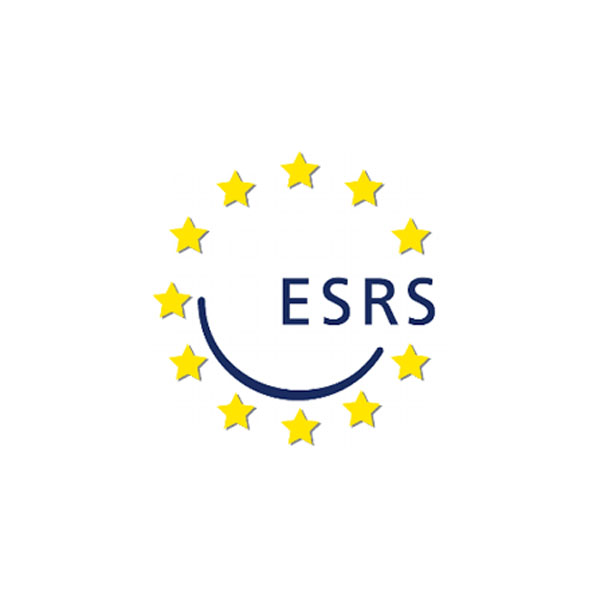Sustainability is no longer just about environmental awareness; it has become a fundamental component of corporate strategy, investor confidence, and competitive strength. In this context, sustainability reporting is a tool that enables organizations to transparently share their environmental, social, and governance (ESG) performance.
A sustainability report is an internationally standardized report that annually assesses an organization’s environmental impact, social responsibility practices, and governance structure.
The report typically covers the following:




1. Preliminary Analysis & Data Mapping
Your current processes, sustainability activities, and goals are evaluated.
2. Stakeholder Analysis and Content Determination
The scope of the report is determined, and the topics to be focused on are clarified.
3. Data Collection and Indicator Development
Data is analyzed in areas such as corporate carbon footprint, water and energy use, and social impact.
4. Writing and Design Process
A report that is clear, visually appealing, and compliant with preferred standard indicators is prepared.
5. Internal Approval and Publication
The final text is submitted for internal approval and published digitally or in print.
A sustainability report shows not only the organization’s current performance but also its approach to and responsibility for the future. You can also apply for our professional sustainability reporting support to understand, manage, and share your environmental and social impacts.
We offer green transformation consulting services for a sustainable future.